Some behaviors that seem harmless in one part of the world may be completely illegal in another. These laws may sound strange to outsiders, but they often have deep cultural or historical reasons behind them. Whether it’s about preserving local traditions or maintaining order, these rules are strictly enforced. Here are some of the weirdest public behaviors that can get you in trouble in certain places. It’s always good to know what’s allowed before stepping into new territory!
Feeding Pigeons in Venice, Italy
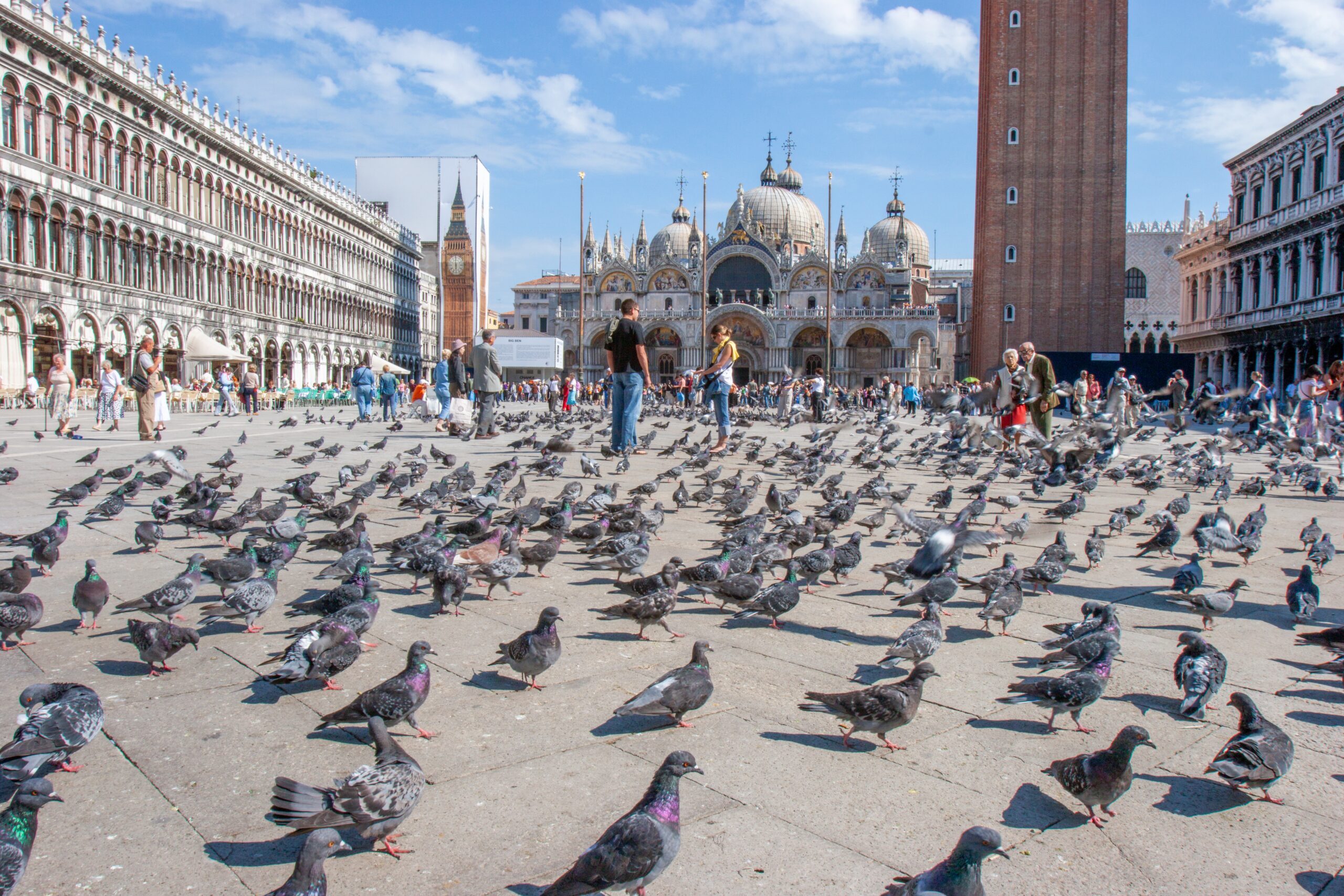
Feeding pigeons in Venice is strictly prohibited. The city’s historic landmarks have suffered damage from pigeon droppings. Their acidic waste erodes the delicate stone structures. To preserve Venice’s beauty, the city passed a law banning the feeding of pigeons. Violators can face hefty fines for even a small act of tossing bread crumbs.
Chewing Gum in Singapore
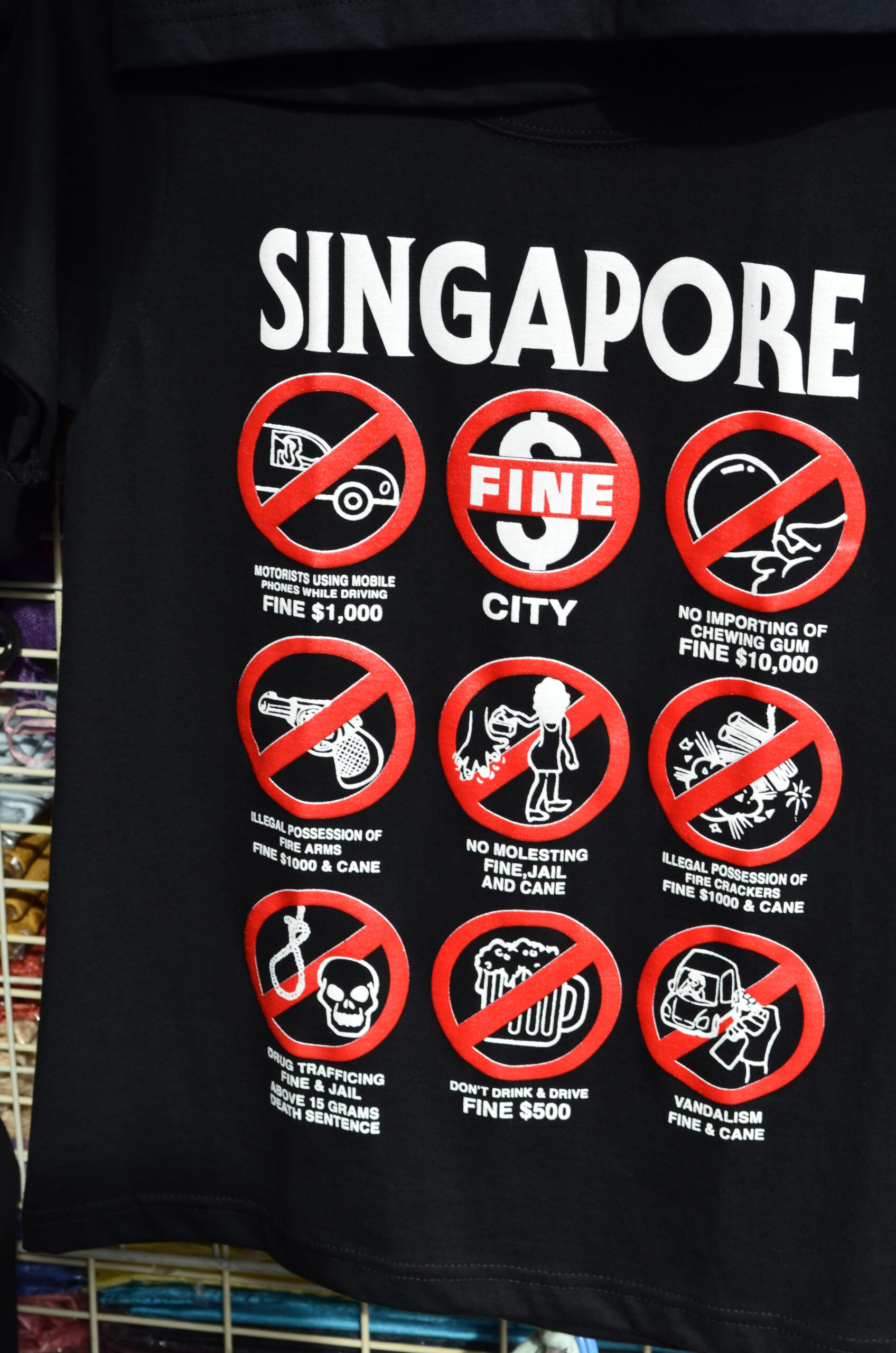
Chewing gum in public is a no-go in Singapore. The law was enacted to keep the streets and public spaces clean. In the past, gum was a major litter issue, often sticking to public property. The strict ban helps maintain the city’s well-known pristine appearance. Even bringing gum into the country can lead to significant penalties.
Flushing the Toilet After 10 P.M. in Switzerland

In some parts of Switzerland, flushing the toilet after 10 p.m. is illegal. This rule exists to minimize noise disturbances in apartment buildings. Many Swiss buildings have thin walls, and late-night flushing can be disruptive to neighbors. Tenants are expected to use other means to dispose of waste during nighttime hours. This law prioritizes the peace and quiet of the community.
Naming a Pig “Napoleon” in France

In France, it is illegal to name a pig “Napoleon.” This law stems from a desire to respect the legacy of the famous French emperor. The government viewed such naming as disrespectful. Napoleon’s name is closely tied to French history and honor. As a result, the law bans this unusual choice of a pig’s name, though it might seem trivial to outsiders.
Walking a Dog Without Cleaning Up Its Waste in Rome, Italy
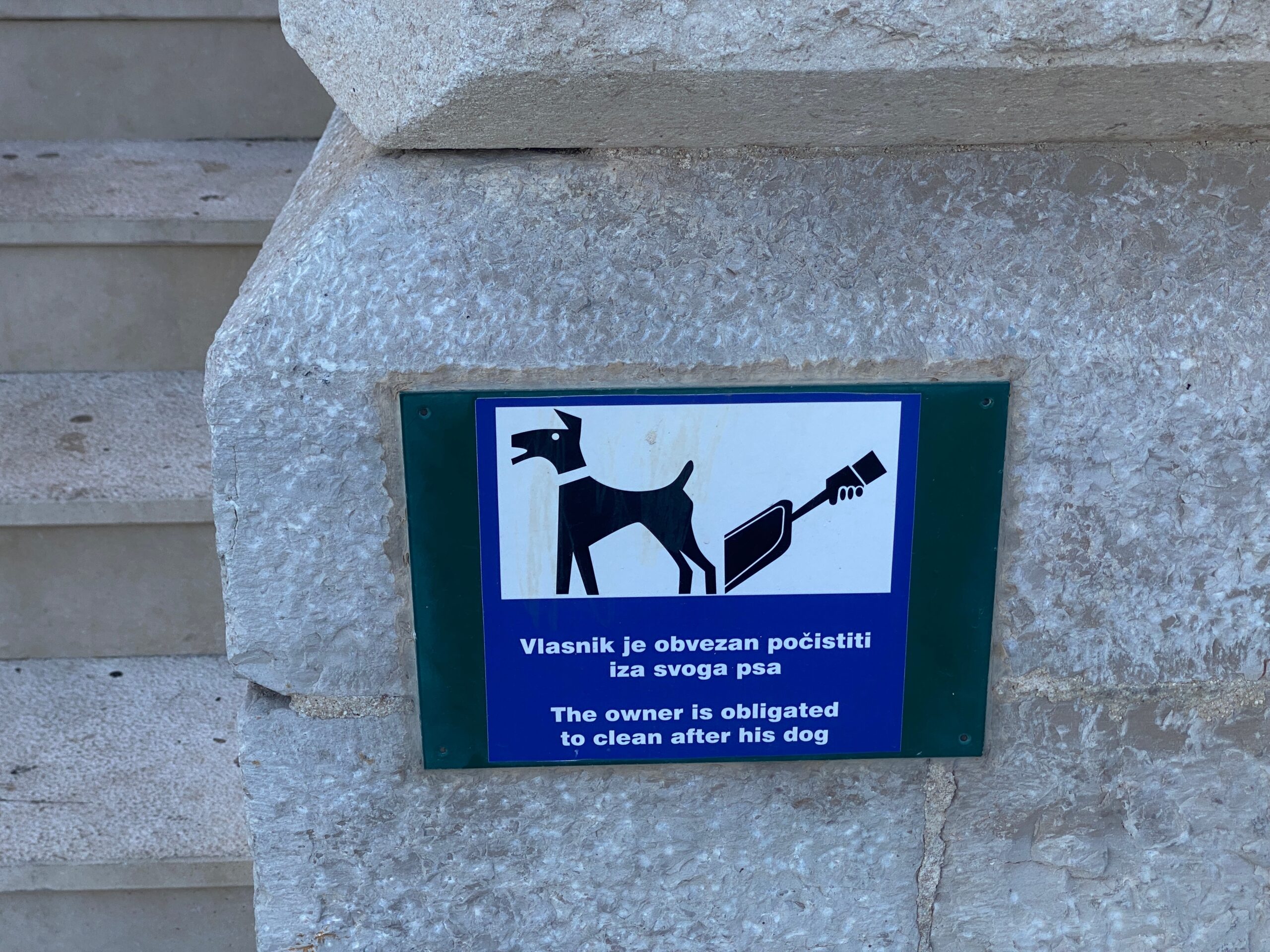
Rome has strict laws about cleaning up after your dog in public places. Dog owners are required to carry bags and clean up immediately. This is part of the city’s effort to keep streets and parks clean. Failing to follow this rule can lead to steep fines. It’s a common-sense law that ensures public spaces remain hygienic and pleasant for everyone.
Spitting in Public in Barcelona, Spain
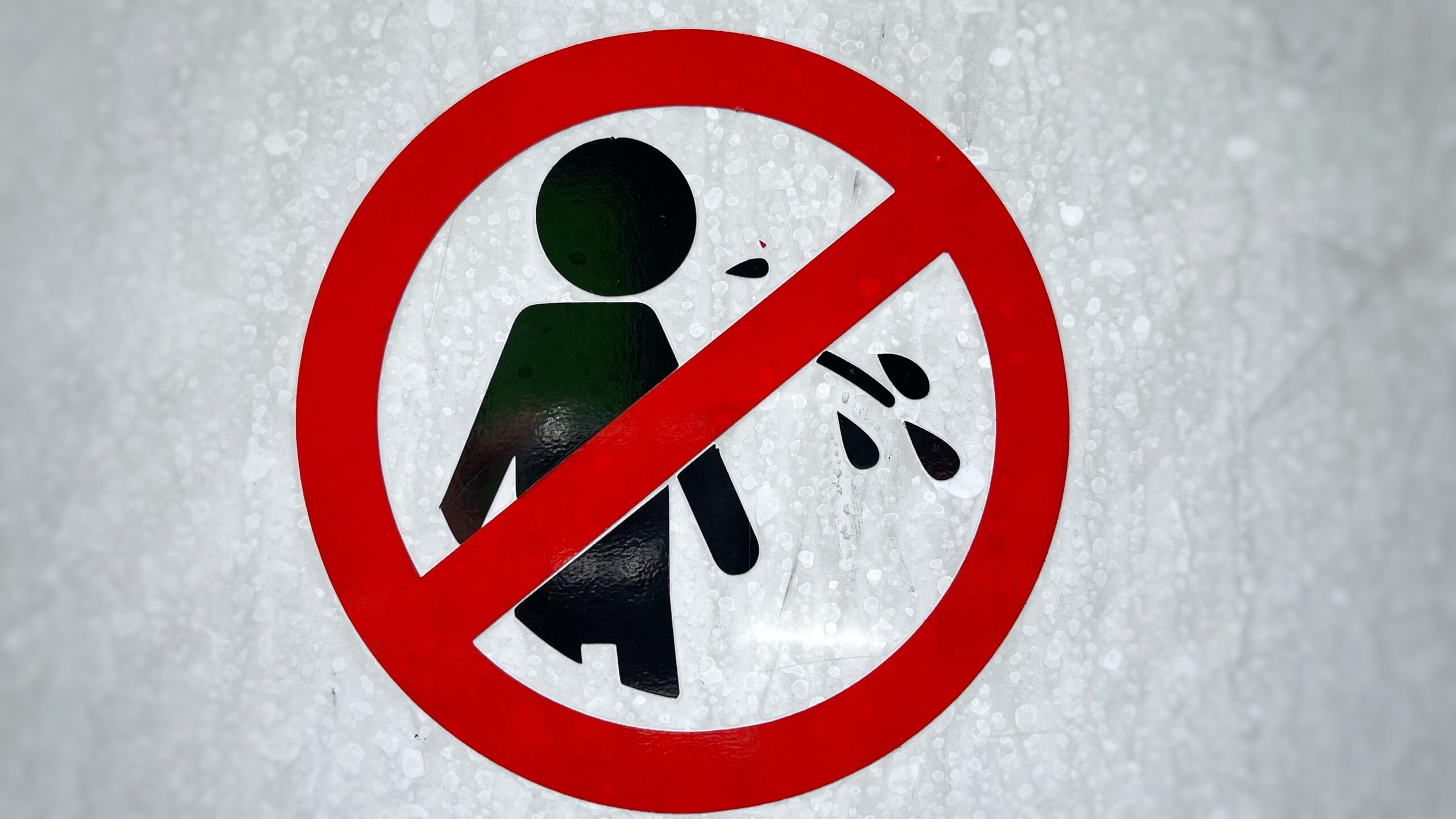
Spitting in public is banned in Barcelona. The city introduced this law to promote public health and cleanliness. Spitting was seen as a major hygiene issue, particularly in busy tourist areas. The regulation ensures that public spaces remain welcoming and safe for all. Those caught breaking this rule can be fined on the spot.
Driving a Dirty Car in Russia
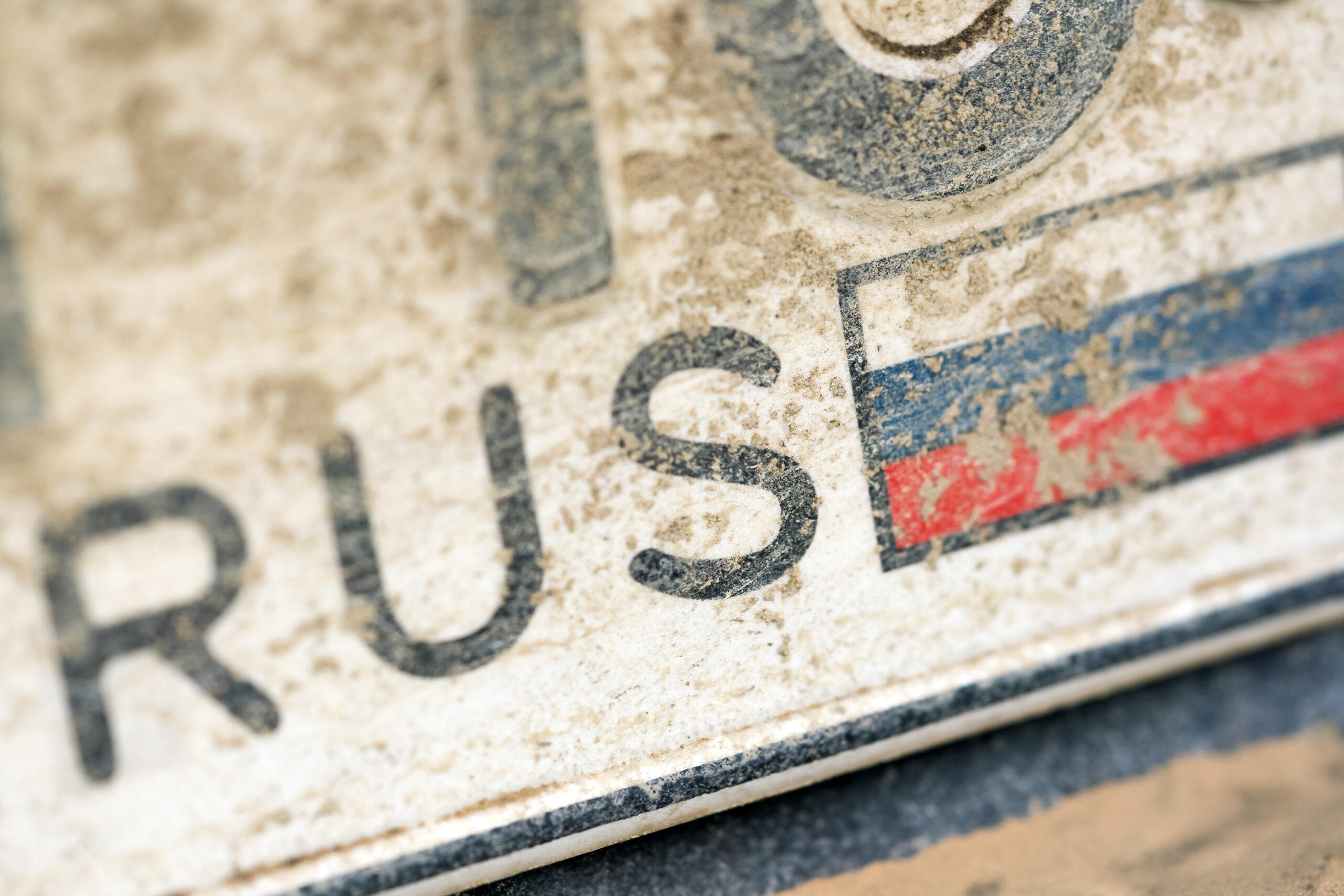
In Russia, driving a dirty car is illegal. The law mainly applies in larger cities, where cleanliness is strictly enforced. If your license plate is covered in dirt, you could be fined up to 2,000 rubles ($25). Police officers can stop drivers if they consider a vehicle to be too dirty. This rule aims to maintain clean streets and ensure that cars are clearly identifiable at all times.
Flying a Kite in Victoria, Australia

Flying a kite in public places is illegal in Victoria, Australia. This law was introduced to prevent disturbances in crowded areas. The act of flying a kite is considered disruptive to pedestrians and nearby traffic. Violators can face fines starting at AUD 500 ($320). The restriction helps keep public spaces safe and prevents potential accidents.
Sitting on Public Steps in Florence, Italy

In Florence, sitting on public steps near historic sites is prohibited. The law aims to protect the city’s treasured landmarks from damage and overcrowding. Fines for sitting on steps like those of the Florence Cathedral can reach up to €500 ($540). This measure ensures that visitors respect the city’s heritage and prevents excessive wear on these ancient sites.
Wearing Camouflage Clothing in Barbados

Wearing camouflage clothing in Barbados is strictly forbidden. The law is in place to avoid confusion with military personnel. Tourists and locals alike are not allowed to wear any clothing with camouflage patterns. If caught, offenders may be fined or have their garments confiscated. The rule ensures that there is no mistaken identity or security risk.
Playing Bingo for Too Long in North Carolina, USA

In North Carolina, playing bingo for more than five hours is illegal. The state imposed this restriction to prevent gambling addiction. Bingo games are closely regulated to ensure they remain a lighthearted form of entertainment. Fines for exceeding the time limit can be as high as $1,000. This law keeps bingo a fun and responsible pastime for the community.
Swearing in Public in Australia
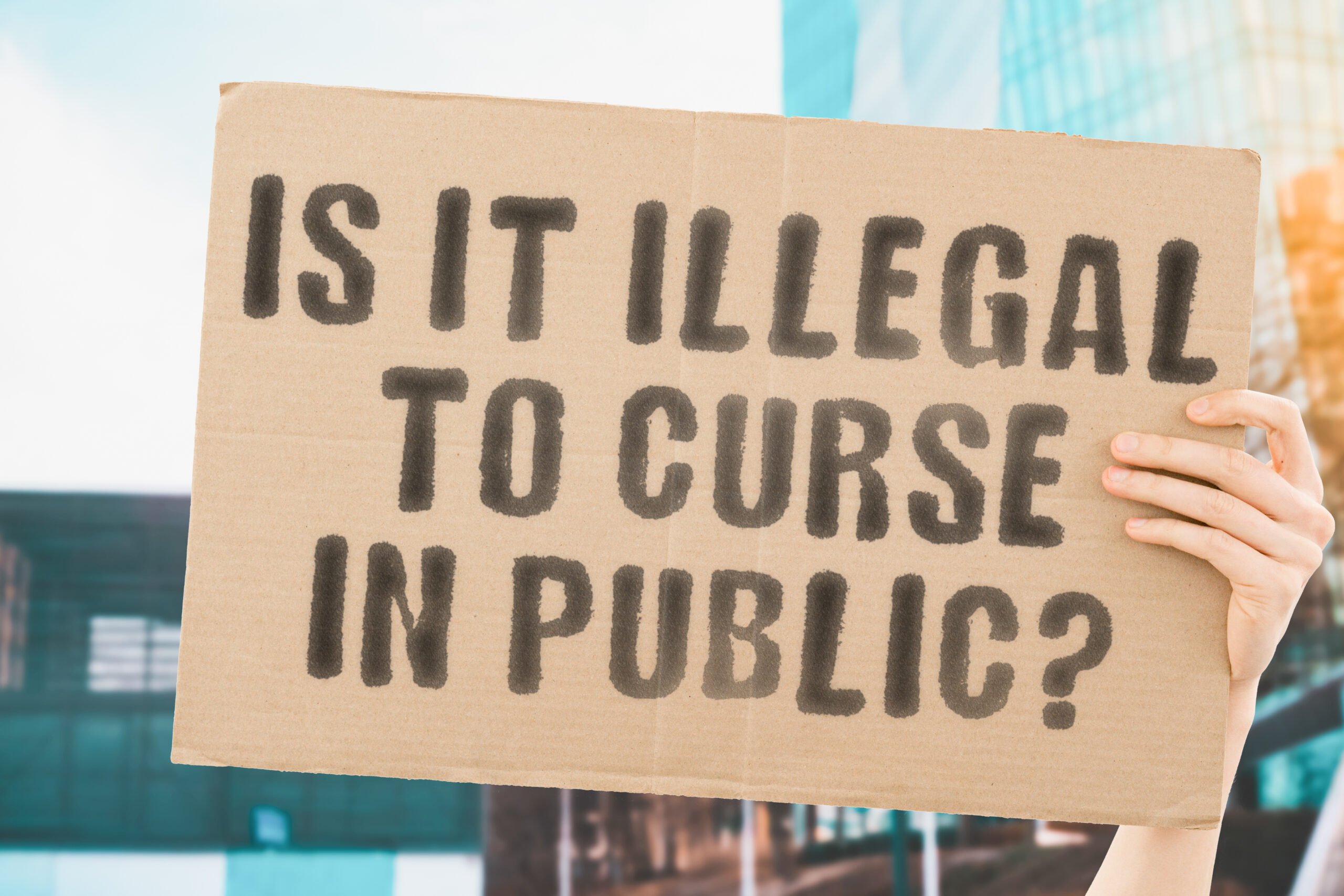
Swearing in public is illegal in parts of Australia. Local authorities impose fines on those caught using offensive language in public places. The fine can range from AUD 100 to AUD 500 ($64-$320), depending on the severity of the offense. This law is designed to maintain a respectful and family-friendly environment in public spaces.
Riding a Cow While Drunk in Scotland
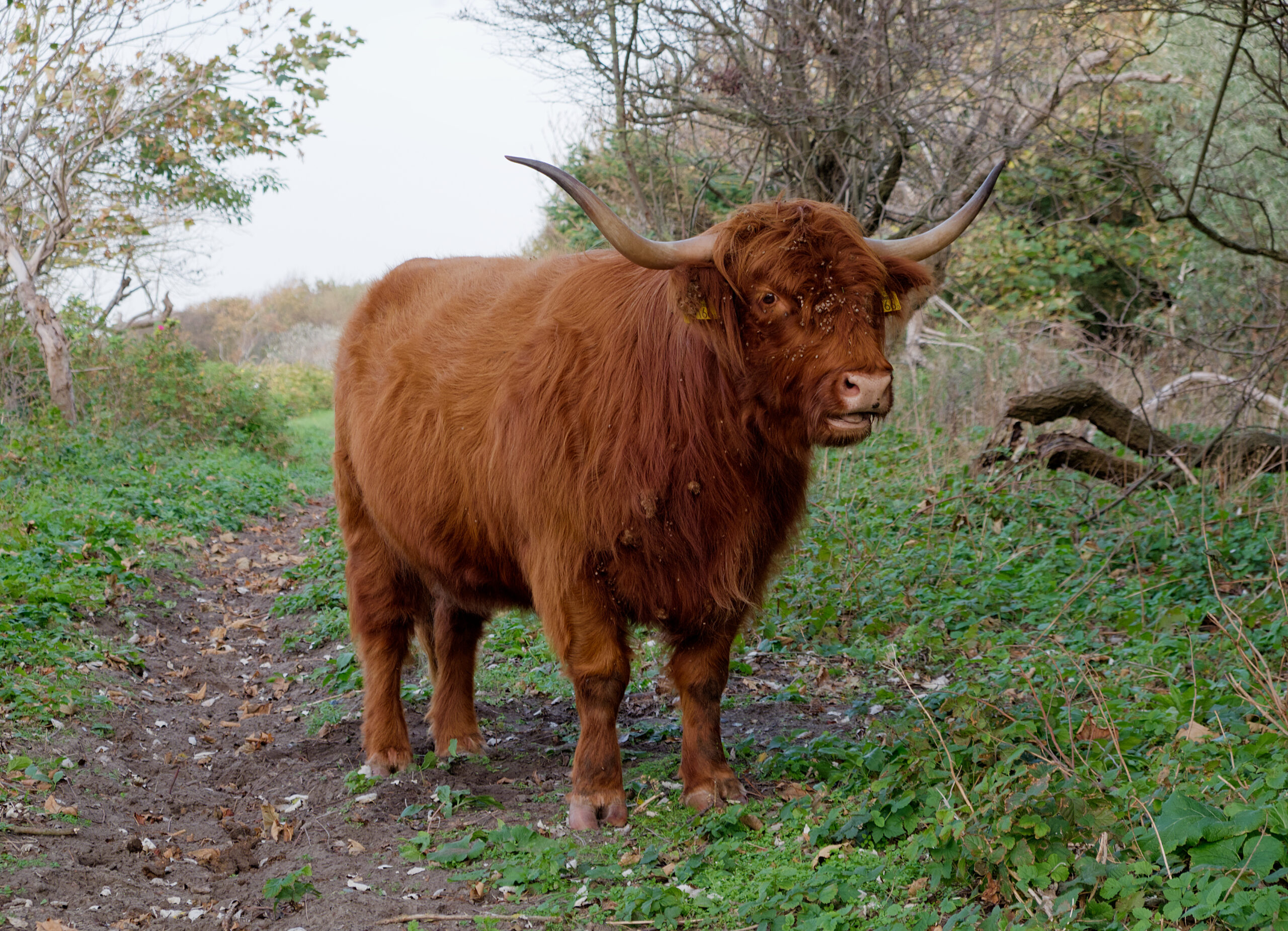
In Scotland, riding a cow while intoxicated is against the law. This quirky regulation is part of the country’s effort to curb dangerous behavior. The law treats riding animals while drunk similarly to driving under the influence. Offenders can be fined or face a penalty of up to 51 weeks in prison. The rule is designed to protect both the rider and the animal from harm.
This article originally appeared on Rarest.org.
More from Rarest.org
16 Most Infamous Product Launch Failures in History

In the world of product launches, even the biggest brands can stumble. Some products, despite high expectations and significant investments, fail to connect with consumers, leading to spectacular flops. Read More.
20 Invasive Species That Changed Ecosystems Forever

Invasive species have long been a serious threat to ecosystems around the world. When these non-native plants, animals, and insects are introduced to new environments, often by human activity, they can disrupt the delicate balance of local ecosystems. Read More.
15 Endangered Plants Brought Back from the Brink

In a world where biodiversity is increasingly under threat, the story of plants brought back from the brink of extinction offers a glimmer of hope. Read More.
